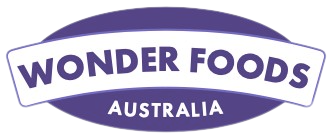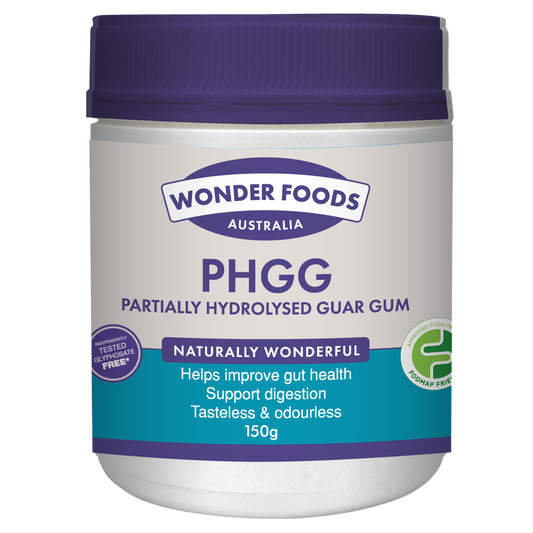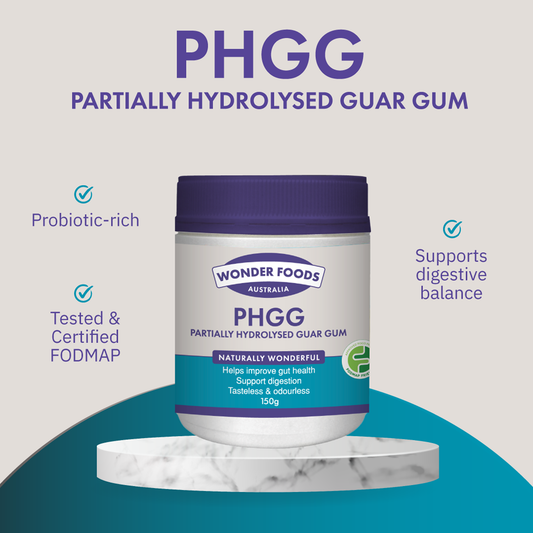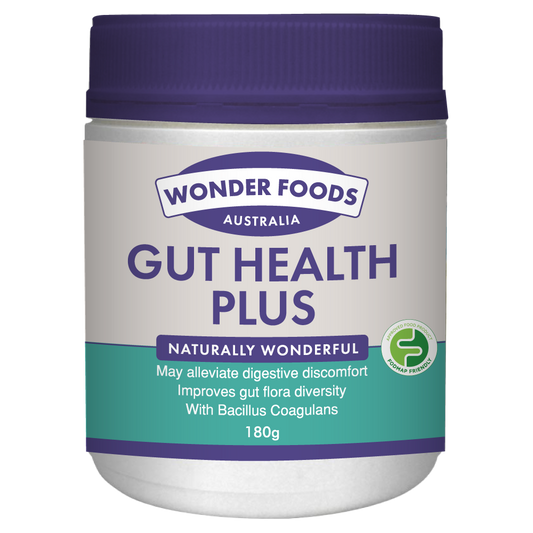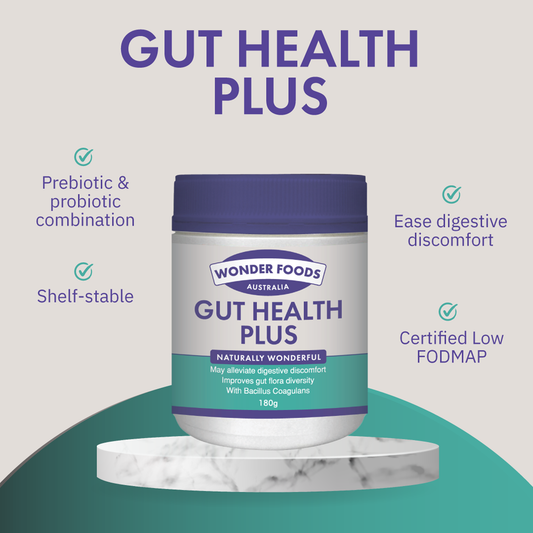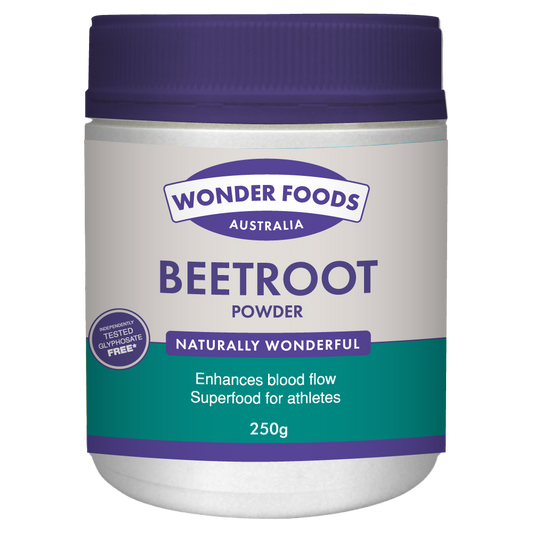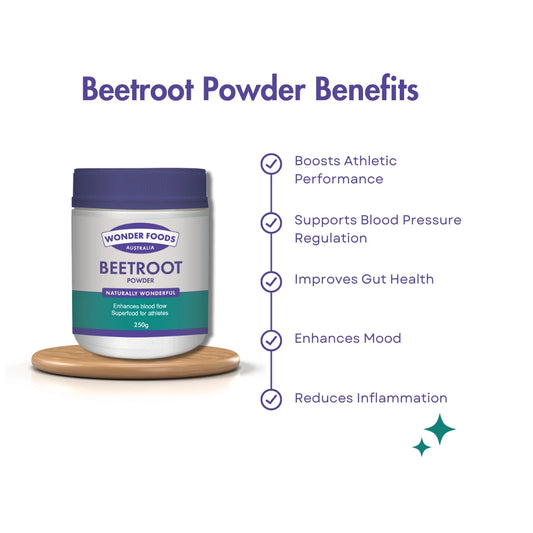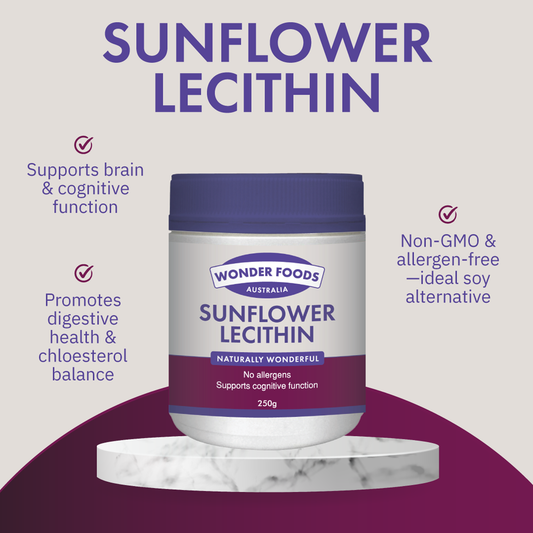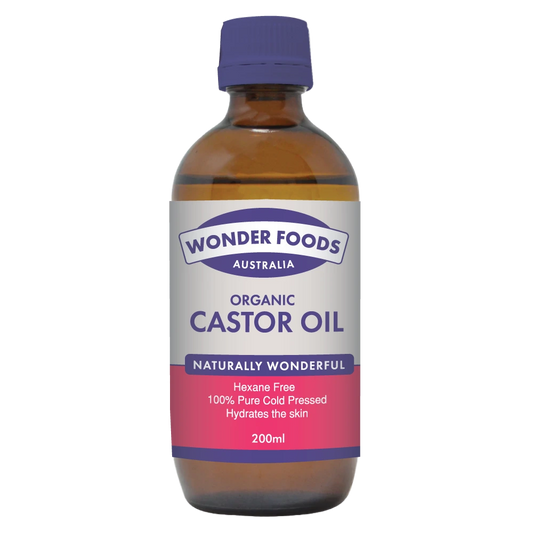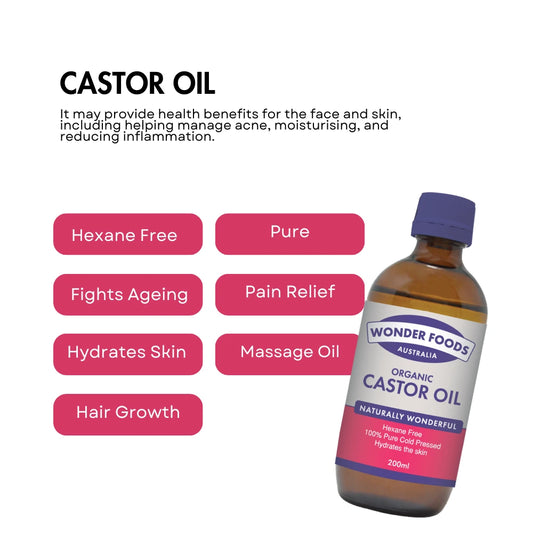
SIBO (Small Intestine Bacteria Overgrowth) - FAQ
What is SIBO?
Small intestinal bacterial overgrowth (SIBO) occurs when there is an excess of bacteria in the small intestine.
This overgrowth can lead to various intestinal symptoms, such as abdominal pain, bloating, diarrhoea, and, in some cases, malabsorption.
According to this study, SIBO is 'highly prevalent in irritable bowel syndrome (IBS)'.
What are the signs of SIBO?
- Appetite loss.
- Abdominal pain.
- Nausea.
- Bloating.
- Diarrhoea.
- Unintentional weight loss.
- Malnutrition.
- An uncomfortable fullness after eating.
What can be mistaken for SIBO?
It's similar to irritable bowel syndrome (IBS) in that both conditions are related to the gut.
However, while IBS affects the large intestine, SIBO, as its name suggests, involves the small intestine.
Despite this difference, IBS and SIBO share many common symptoms.
What is the root cause of SIBO?
Irritable bowel syndrome, intestinal motility disorders, and chronic pancreatitis are the leading causes of SIBO, responsible for 80-90% of cases.
SIBO is also more commonly found in women and older adults.
How can you tell if you have SIBO?
A common test is the breath test. This noninvasive test measures the levels of hydrogen or methane you exhale after consuming a mixture of glucose and water.
A rapid increase in hydrogen or methane levels can suggest bacterial overgrowth in your small intestine.
What happens if SIBO is left untreated?
If left untreated, SIBO can lead to more severe complications over time.
The malabsorption of fats, proteins, and carbohydrates can result in malnutrition and deficiencies in essential vitamins.
Notably, a deficiency in vitamin B12 can lead to anemia and nervous system issues.
What foods trigger SIBO?
To help alleviate IBS and SIBO symptoms, it may be helpful (though not guaranteed!) to steer clear of high FODMAP foods that irritate the gut, such as:
- Dairy products like milk, yogurt, and ice cream
- Wheat-based items like bread, cereal, and crackers
- Beans and lentils
- Certain vegetables, including artichokes, asparagus, onions, and garlic.
How do you get rid of SIBO?
Currently, the first line of treatment in mainstream medicine for bacterial overgrowth is antibiotics.
Doctors may initiate this treatment based on symptoms and medical history, even if test results are inconclusive or testing hasn't been conducted.
To ease SIBO symptoms, many Health Practitioners may suggest an Elimination Diet.
Typically, this will help avoid high FODMAP foods that may aggravate your gut, including: dairy-based milk (including yogurt, ice cream, etc.); wheat-based products (including cereal, bread, crackers, etc.); and beans and lentils.
Can SIBO cause Eczema, Psoriasis, or Rosacea?
Conditions like eczema, psoriasis, and rosacea are chronic inflammatory responses triggered by an overactive immune system.
While psoriasis is classified as an autoimmune disorder, all three conditions are tied to inflammation—and for many, that inflammation originates in the gut.
Can SIBO cause Depression?
Small Intestinal Bacterial Overgrowth (SIBO) can potentially contribute to depression.
SIBO occurs when bacteria overpopulate the small intestine, leading to symptoms like bloating, discomfort, and nutrient malabsorption.
This bacterial imbalance can disrupt the gut-brain axis, a communication pathway between the gut and the brain.
The resulting inflammation and nutrient deficiencies, particularly in B vitamins and amino acids essential for brain health, may negatively impact mood and mental well-being.
Research suggests that addressing SIBO with dietary changes, antibiotics, or probiotics could help alleviate some depressive symptoms linked to gut imbalances.
Can SIBO cause Dandruff?
Health Practitioners suggest there is a link between gut health and dandruff, explaining how imbalances in the gut microbiome can contribute to scalp health issues.
By supporting the gut microbiome through diet, probiotics, and lifestyle changes, you may find relief from dandruff symptoms and improve overall scalp health.
What causes SIBO?
There are numerous potential causes of SIBO, with medication overuse being one of them.
Opioids, antibiotics, and proton pump inhibitors (PPIs) have all been identified as risk factors for the development of SIBO.
Antibiotics are typically the first treatment option for SIBO.
However, overuse can lead to further disruption in the gut. Broad-spectrum antibiotics eliminate both harmful and beneficial microbes.
It’s crucial to restore the diversity of good microbe with a probiotic afterward, as failing to do so can allow harmful bacteria to dominate.
This imbalance can eventually lead to an overgrowth of microbes, resulting in SIBO.
Should I take Probiotics for SIBO?
While probiotics alone may not be sufficient as a treatment for SIBO, they can support the healing process by aiding in the removal of bacteria from the small intestine and alleviating SIBO symptoms.
This study showed that '...probiotics did not significantly impact gas levels, but showed potential for clinical improvement..'.
When should take gut probiotics?
The key is to ensure you're choosing the right probiotic strain for your specific health concerns or goals.
Typically, the best time to take probiotics is with or just after breakfast.
However, it's just as important to take them at a time that fits into your routine, so you don’t forget.
Should I take Prebiotics for SIBO?
This study suggests supplementation with a soluble fibre like Partially Hydrolysed Guar Gum (PHGG) can lessen the symptoms in IBS and SIBO.
PHGG is known to be gentle on the gut and feeds the 'good bacteria'.
Should I combine Prebiotics and Probiotics for SIBO?
In the cases researched here, the authors suggest probiotics combined with prebiotics were effective in the treatment.
This may be why so many Gut Health Practitioners recommend Wonder Foods Gut Health Plus.
Disclaimer: Always check with your Health Practitioner for specific and personal advice.
